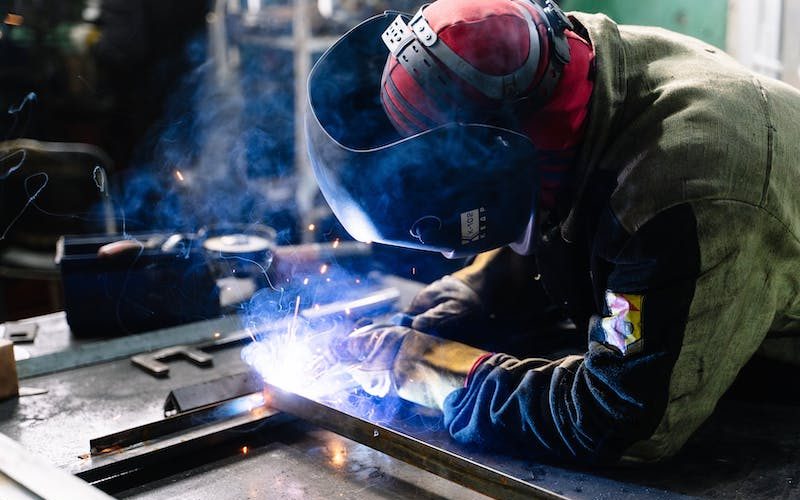Introduction
You’ve decided that you need an aluminum welder. But with all of the different types and brands on the market, it can be overwhelming to try to figure out which one is right for you. In this blog post, we will explore what you need to know when buying an aluminum welder. We will cover topics such as amperage, duty cycle, features, and more. By the end of this post, you will have a better understanding of what to look for when purchasing an aluminum welder.
Why aluminum?
When it comes to welding, aluminum is a great choice for a number of reasons. First, it’s lightweight and easy to work with, making it ideal for projects where portability is a must. Second, aluminum welds create strong and durable bonds that are resistant to corrosion and wear. Finally, aluminum can be used in a variety of welding applications, from small projects to large industrial ones.
Different types of aluminum welders
Aluminum welders come in a few different types. The most common type is the MIG welder, which uses an electrode wire that is fed through a welding gun. This type of welder is best for beginners because it is easy to use and can be used on a variety of materials.
TIG welders are another common type of aluminum welder. These welders use a tungsten electrode that is held in place with a welding torch. TIG welders are more difficult to use than MIG welders but they offer a more precise weld.
Spot welders are another type of aluminum welder. These welders create a small, concentrated spot of heat that is ideal for welding thin sheets of aluminum together. Spot welders are typically used by professionals because they require more skill to use than other types of welders.
What to consider when purchasing an aluminum welder
When considering purchasing an aluminum welder, there are several factors you need to take into account in order to make sure you get the best machine for your money.
First, you need to decide what process or processes you plan on using the welder for. There are many different types of welding, each with its own advantages and disadvantages. Some of the most popular welding processes include: MIG (metal inert gas), TIG (tungsten inert gas), Stick (shielded metal arc), and Plasma Arc. Each process has different benefits, so it’s important to do your research before deciding which one is right for you.
Second, you need to take into account what amperage range you’ll need from your welder. The amperage range is the amount of current that the welder can output, and it’s determined by the thickness of the material you’ll be welding. A general rule of thumb is that the thicker the material, the higher the amperage range you’ll need.
Third, consider what features are important to you in a welder. Some welders come with features like pulse welding and dual voltage capabilities that can be beneficial depending on your needs. Other features like portability and weight might also be important factors to consider depending on where and how often you plan on using the welder.
Finally, make sure to compare prices between different brands and models before making your final decision.
Conclusion
Owning an aluminum welder is a great way to be able to work on projects at home without having to outsource the work. But, before you make the purchase, there are a few things you need to keep in mind. With our tips in hand, you’ll be able to find the perfect aluminum welder for your needs and budget, ensuring that you’ll be able to get years of use out of it.
